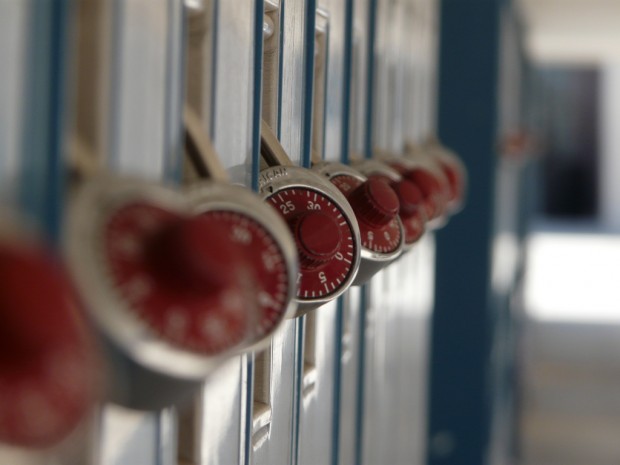Study: LGBT Youth Left Out Of Suspension, Expulsion Reduction Efforts

Students who identify as lesbian, gay, bisexual and transgender are largely left out of efforts to address the overuse of suspension and expulsion for student groups, according to a new report. (flakeparadigm/Flickr)
Students who identify as lesbian, gay, bisexual and transgender are largely left out of efforts to address the overuse of suspension and expulsion for student groups, according to a new report.
The report, released Monday by The Equity Project at Indiana University, says schools suspend or expel LGBT students more often than their heterosexual peers. In order to address the disparity, the report says more data is sorely needed.
“[Data collection] gives us the opportunity to see where the problems are, to act on the problems, and to monitor change over time, in fixing that,” said Russ Skiba, director of the Equity Project. “Because there are no data collected at the individual level on the basis of sexual orientation or gender identity, we don’t have the same opportunity.”
Federal law requires schools to collect data on suspension and expulsion for students based on race and disability, but not based on sexual orientation or gender identity.
“We have responsibilities as educators to protect students in our schools,” Skiba said. “What this comes down to, is saying, ‘Let’s make sure we have the data we need to identify the extent of the problem.'”
A handful of studies have tracked how school discipline plays out for LGBT youth. The numbers are telling.
A national study found that adolescents reporting same-sex attraction were 1.4 times more likely to be expelled from school than their heterosexual peers. A separate 2010 study found that while LGBT youth don’t display more illegal or dangerous behaviors, they’re at greater risk stopped by police or expelled from school than heterosexual peers. In a county-wide study, LGBT youth were more than twice as likely as heterosexual students to report that they had been suspended from school.
“Kids who are suspended or expelled are more likely to become disengaged from school, have lower achievement or eventually drop out of school,” Skiba said. “And they’re at increased risk for contact with the juvenile justice system.”
The U.S. Department of Education Office of Civil Rights collects school data every other year of every school and district in the nation. Dan Losen, director of the Center for Civil Rights Remedies at UCLA’s Civil Rights Project, says that he hopes they begin to collect data on student sexual orientation.
“That would require that they actually have some way of students self reporting that information,” Losen said. “That way when those students are suspended or expelled we would know about it.”
There could be other options, too. A new federal education law is set to take effect in September 2017. That law, the Every Student Succeeds Act, moves some of the responsibility for data collection from the federal to the state level.
“We’re hoping that at least some states will start to collect this information, so that way we can see what we hear is happening. We have some hard data to demonstrate this is an issue,” Losen said. “Because demonstrating that there really is a problem, that’s the first step in seeking a remedy.”
California is one state that already uses surveys to monitor the well-being of students. The California Healthy Kids Survey tracks sexual orientation and gender identity, plus experiences with suspension.
Indiana doesn’t collect discipline data along sexual orientation or gender identity lines.
In general, suspensions are high and disproportionate along race lines. While almost one in 10 Indiana students experienced suspension or expulsion in the 2012-13 school year, one in five black students experienced a suspension or expulsion that year, according to the Indiana University Center for Evaluation & Education Policy.